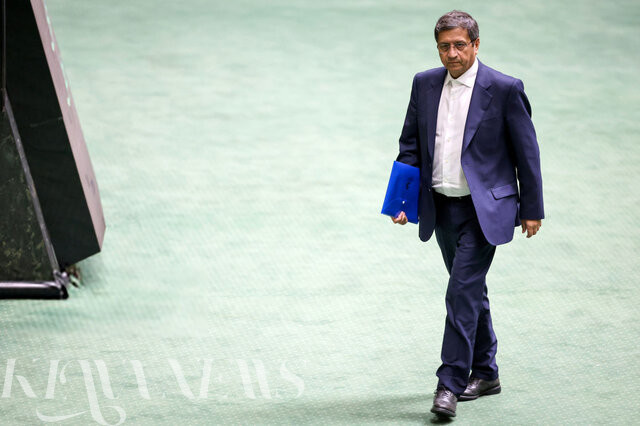Tehran, Iran – The Expediency Council is on the verge of making a critical decision regarding the CFT (Combating the Financing of Terrorism) and Palermo conventions. Approval of these measures could remove Iran from the FATF blacklist, paving the way for increased trade and financial transactions.
Key Discussions in the Expediency Council
The review of CFT and Palermo, which could facilitate Iran’s removal from FATF’s blacklist, is currently underway in the Expediency Council. Discussions began on January 27, 2025, and are expected to conclude in the coming days.

Experts and business leaders emphasize that joining FATF—a system in which only Iran, North Korea, and Myanmar remain excluded—would significantly enhance Iran’s global trade relations.
Despite opposition from certain factions, Iranian exporters, manufacturers, and business leaders argue that resolving FATF-related disputes would create new economic opportunities and facilitate financial transactions.
Support for FATF Membership Grows
Three recent developments indicate a possible positive outcome for the approval of CFT and Palermo:
- The spokesperson for the Expediency Council publicly confirmed ongoing discussions.
- Ali Larijani, a senior Iranian official, expressed hope for a favorable resolution.
- Abbas Golrou, a National Security Commission member, stated that the Expediency Council is sending positive signals regarding the decision.
Parliament’s Role and Historical Context
While parliament members are set to discuss FATF today, their influence on the decision is limited. Mohammad Bagher Ghalibaf, Speaker of the Parliament, noted that Parliament approved FATF measures in 2018. However, disagreements between Parliament and the Guardian Council resulted in the matter being referred to the Expediency Council.
FATF regulations, widely adopted globally, are already partially implemented in Iran. The primary debate now revolves around CFT and Palermo:
- Palermo Convention: An international treaty aimed at preventing transnational organized crime, including human trafficking and arms smuggling.
- CFT Convention: A United Nations agreement designed to combat the financing of terrorism.
Economic Impact of FATF Blacklisting
Iran’s continued placement on the FATF blacklist has severe economic consequences, including restricted banking access and reduced international trade opportunities. Financial institutions like the International Monetary Fund (IMF) and World Bank impose additional restrictions on blacklisted nations.
Even countries politically aligned with Iran, such as Russia and China, hesitate to engage in financial transactions due to FATF non-compliance. This is particularly significant, given that Russia itself faces 10,044 sanctions—far more than Iran’s 1,337 sanctions.
Diverging Perspectives on FATF Membership
Opponents argue that leaving the FATF blacklist could disrupt Iran’s unofficial trade routes, particularly oil exports. However, proponents reject this claim, citing the necessity of financial transparency for economic stability.
According to Ali Ghanbari, an economist, opponents of FATF profit from Iran’s economic isolation. He asserts that rejecting FATF membership results in 30% of export revenues being lost to intermediaries.
Additionally, Hadi Khani, head of the National Anti-Money Laundering and Counter-Terrorism Finance Committee, warns that delaying FATF membership allows hostile nations to justify actions against Iran and strengthens international pressure.
Economic and Trade Setbacks Due to FATF Blacklisting
Iran’s exclusion from FATF has resulted in missed economic opportunities. For instance:
- Turkey has replaced Iran in engineering exports, leading to a $25 billion annual revenue loss.
- Foreign investment in Iran remains stagnant, with only $2.1 billion secured over the past three years.
Countdown to the Final Decision
With business leaders, economists, and policymakers urging swift action, the final decision on CFT and Palermo is expected soon. Samad Hassan Zadeh, President of the Iran Chamber of Commerce, has called on the Expediency Council to approve FATF measures, emphasizing their critical role in economic recovery and national prosperity.